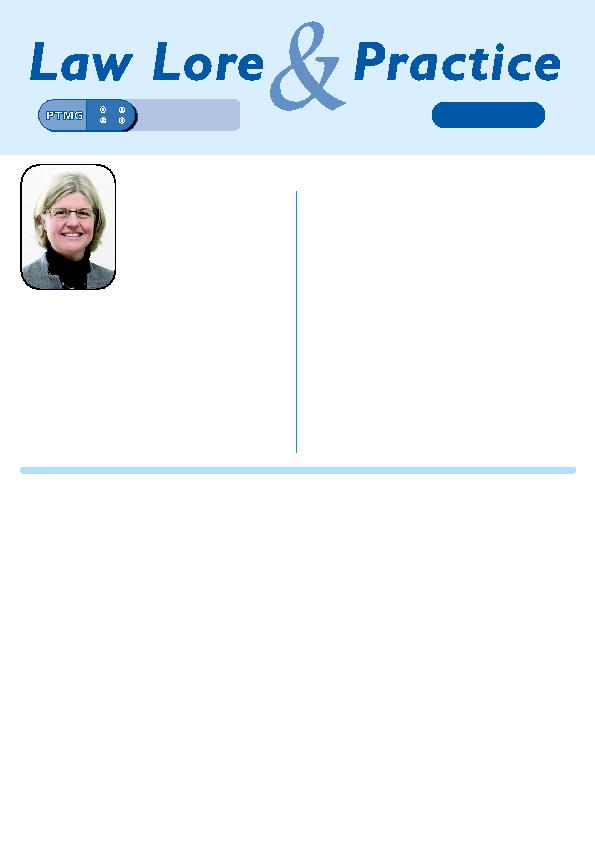
A little known holiday destination, De
Haan, a town on the coast east of
Ostende has earned itself the tagline
"the Saint Tropez of Belgium". Certainly,
the size of the holiday villas and the
price of the waffles tend in that
direction! An annual small town festival
in early August celebrates life in the
1900's and whisks you back to a world
often erased from our collective memory by
the coming of the first of the 20th century hostilities. Of course,
this year, the drive from the beach to the French port town of
Calais was decorated with sombre memorabilia of the centenary
we are now remembering on a daily basis.
Belgium was of course invaded militarily twice in the last one
hundred years and some would say that an ever growing mass of
European civil servants are constantly invading today. Too often
reduced to its role in today's geo-political strategies, Belgium
continues to astound as it functions without a formal national
government. More surprisingly, in more recluse parts of that
country, away from the hub of the European crossroads,
bilingualism is barely celebrated, often hidden. Indeed linguistic
differences make shopping for your beach necessities in French a
challenge as shopkeepers pride themselves in only communicating
in Flemish.
As trade mark practitioners, we are often guilty of reducing this
country to its capital, Bruxelles; the Commission and the
Parliament, Directives and Regulations and the impact thereof
upon our daily lives. The creation of the economic area known
as the Benelux in 1958 was one step towards federalising Europe
which, from an administrative point of view, was applauded as
simplication. However, in the past 25 years, our continent has
moved towards more break up rather than regrouping and this
month the Scottish people may decide to take another step along
their path towards independence. My heart goes out to trade
mark administrators who may find themselves facing yet another
round of re-instatements, this time of former United Kingdom
rights.
Looking ahead, swimming in another part of the North Sea might
become a highly fashionable and exotic holiday desintation of the
21st century.... Whatever the outcome of the Scottish
referendum, it will provide plenty of discussion at our upcoming
conference. Bon voyage!
Vanessa
TM
TM
TM
TM
TM
TM
Pharmaceutical
Trade Marks Group
Pharmaceutical
Trade Marks Group
Sept 2014
Editorial: Belgium, Scotland . . .
Healthcare advertising in Germany: no longer a lottery?
Dr. Ralf Möller, Esche Schümann Commichau, Hamburg, Germany
Under German law, pharmaceutical
companies are not allowed to advertise
pharmaceuticals to consumers when such
is coupled with lotteries, competitions or
other such games of chance insofar as
such advertising abets inappropriate or
excessive use of pharmaceuticals.
Different rules apply if the games of
chance are exclusively addressed to
healthcare professionals. Such
advertisements are not per se prohibited.
The claimed winnings are, however, time
and again classified as unlawful advertising
gifts or benefits within the meaning of § 7
HWG (German Drug Advertising Act).
Under said section, gifts and other benefits
for drug advertising purposes are broadly
prohibited with the exception of low-value
winnings such as simple plastic pens or
note pads.
In its high-profile "Testen Sie Ihr
Fachwissen" decision dated 12 December
2013, the German Federal High Court of
Justice clearly limited the advertising
restrictions under § 7 HWG and defined
new criteria for the evaluation of
advertisements with games of chance
addressed to healthcare professionals.
The subject of scrutiny was an
advertisement for an analgesic placed with
a professional journal for pharmacy
professionals. An insert advised as to the
cause of pain, its treatment and
acetylsalicylic acid, an agent contained in
the analgesic. Readers were asked eight
test questions under the heading "Win
with A...®." The prize, following a draw of
the correct answers, were ten Esprit®
women's purses. The competition
association saw this to be a violation of
§ 7 HWG.
The German Federal High Court of Justice
dismissed the complaint. The court ruled
that unlawful advertising exists only if gifts
or other benefits are offered, announced,
or granted which substantiate, the possible
risk that the target groups of the
advertisements shall be unobjectively
influenced. According to the court, § 7
HWG is (only) supposed to prevent sales
promotional practices capable of causing
financial interest for healthcare
professionals to prescribe or give away
the advertised pharmaceuticals. In the case
litigated however, it was not evident to
the court that the winning chances could
influence healthcare professionals to
change their customer consulting practices
in some way beneficial for the promoted
analgesic and for reasons other than the
merits of the product advertised.
Comment
Advertisements are designed to influence.
However, not every advertisement with
lotteries, competitions, and the like
determined by chance and addressed to
healthcare professionals is unlawful just
because the winnings offered are attractive
and have some value. The decisive
question in each case is rather whether a
risk exists that the target groups of the
advertisements will be unobjectively
influenced. Applying the principles
established by the German Federal High
Court of Justice, one shall in the future be
able to generally assume such risk only if
the advertisement is capable of causing an
individual financial interest in prescribing
and/or giving away pharmaceuticals. The
thankfully clear words of the German
Federal High Court of Justice shall in the
future provide pharmaceutical companies
with considerably more leeway in how
they design games of chance for doctors
and other healthcare professionals in
Germany.

